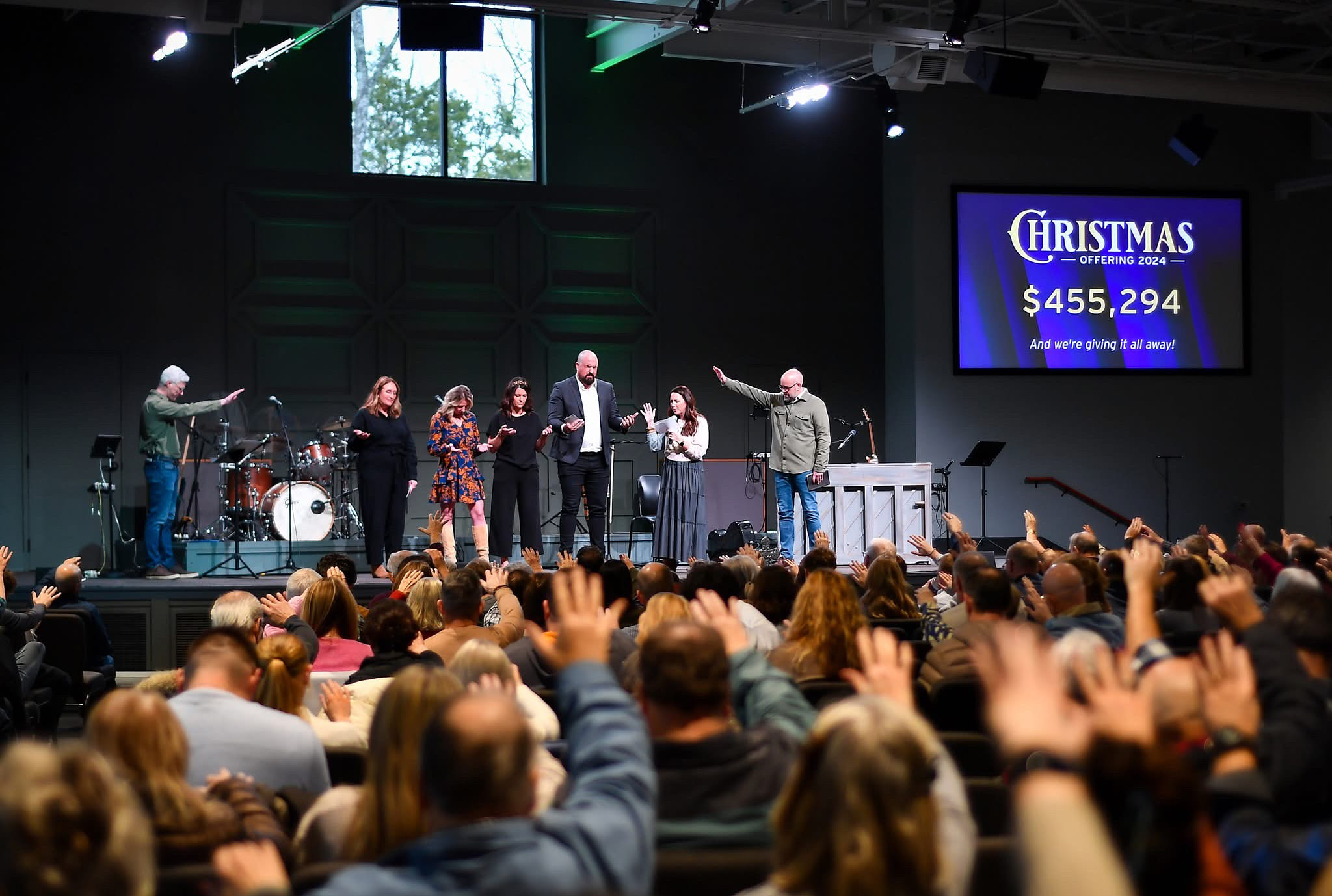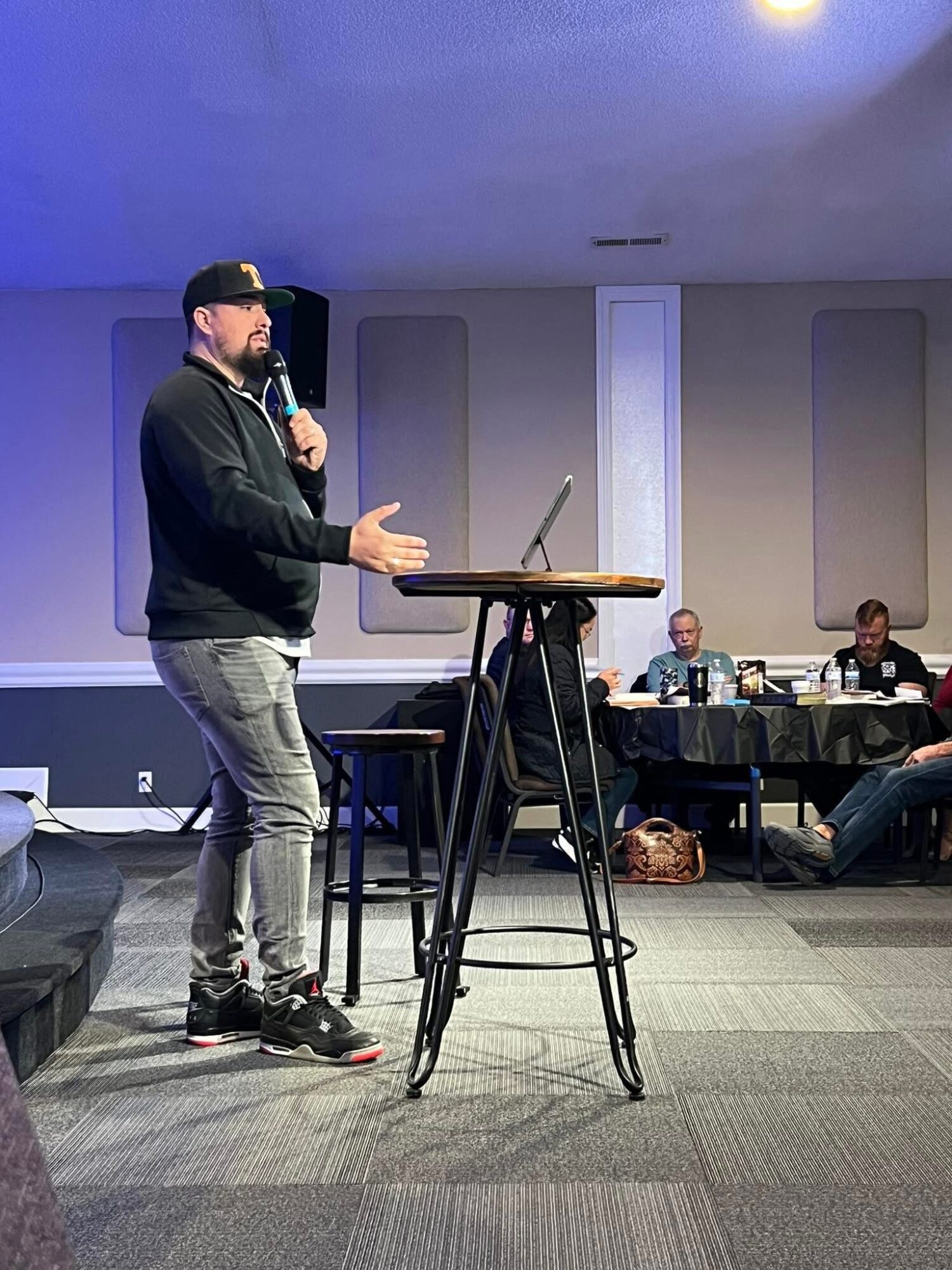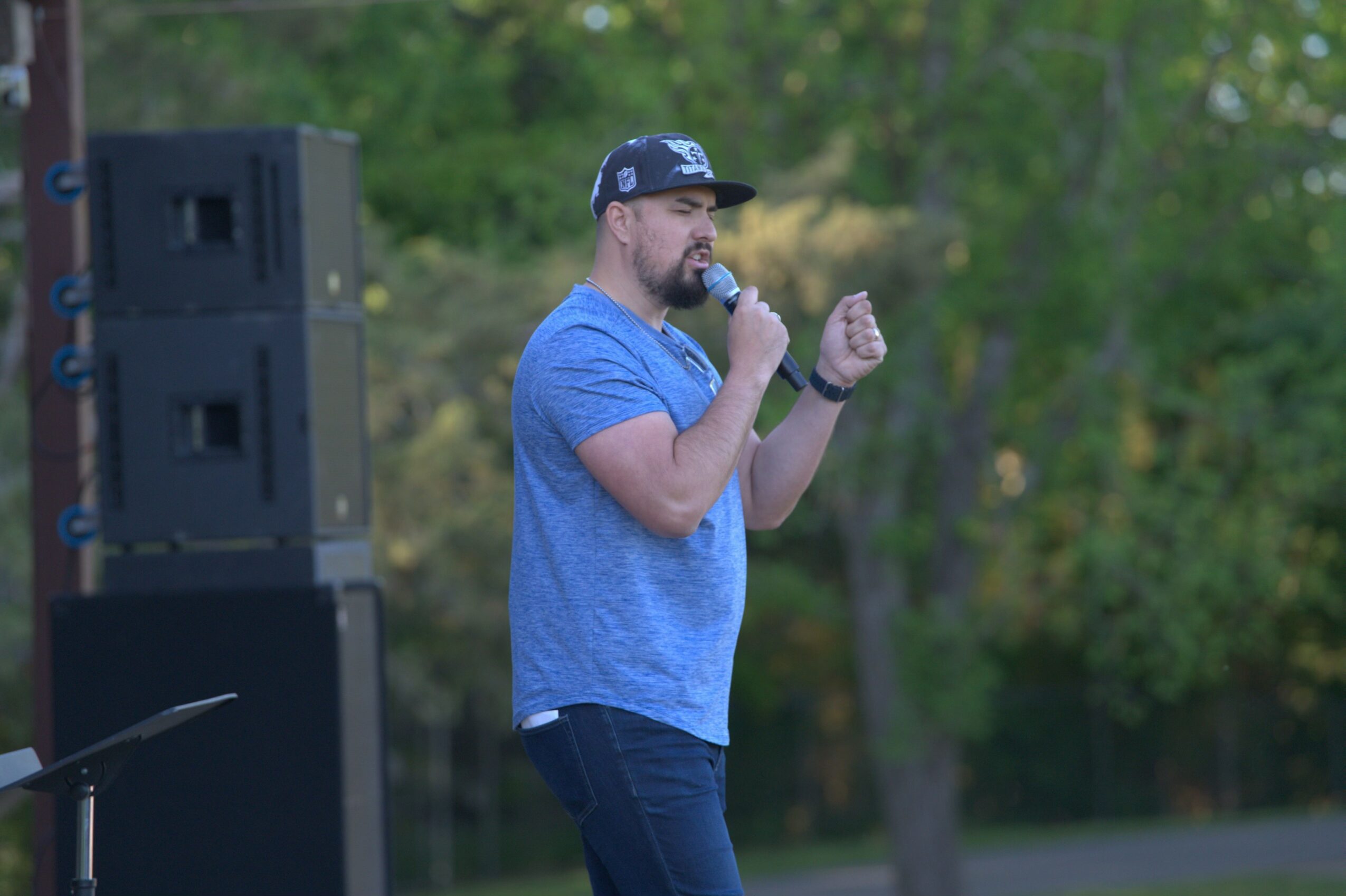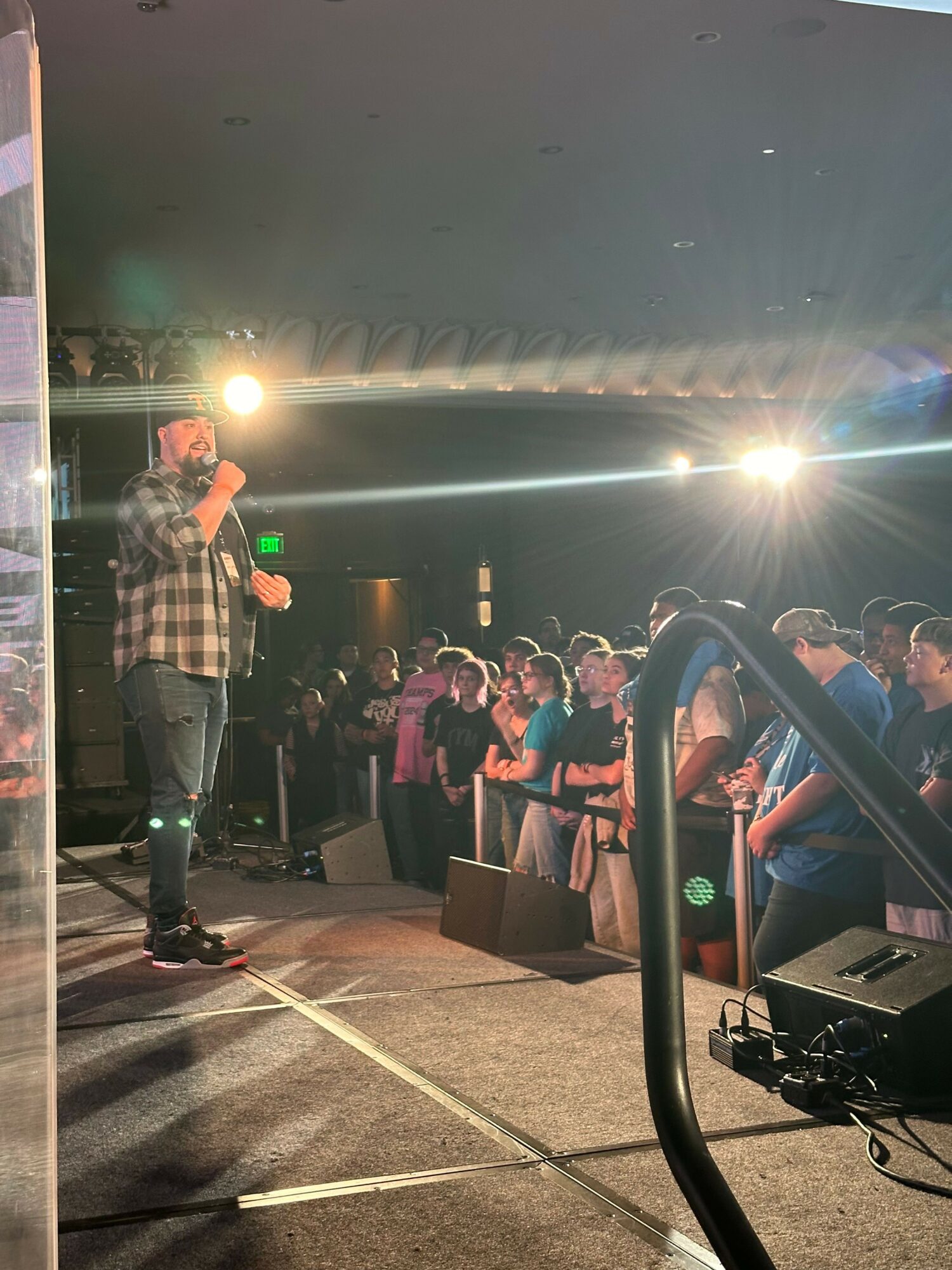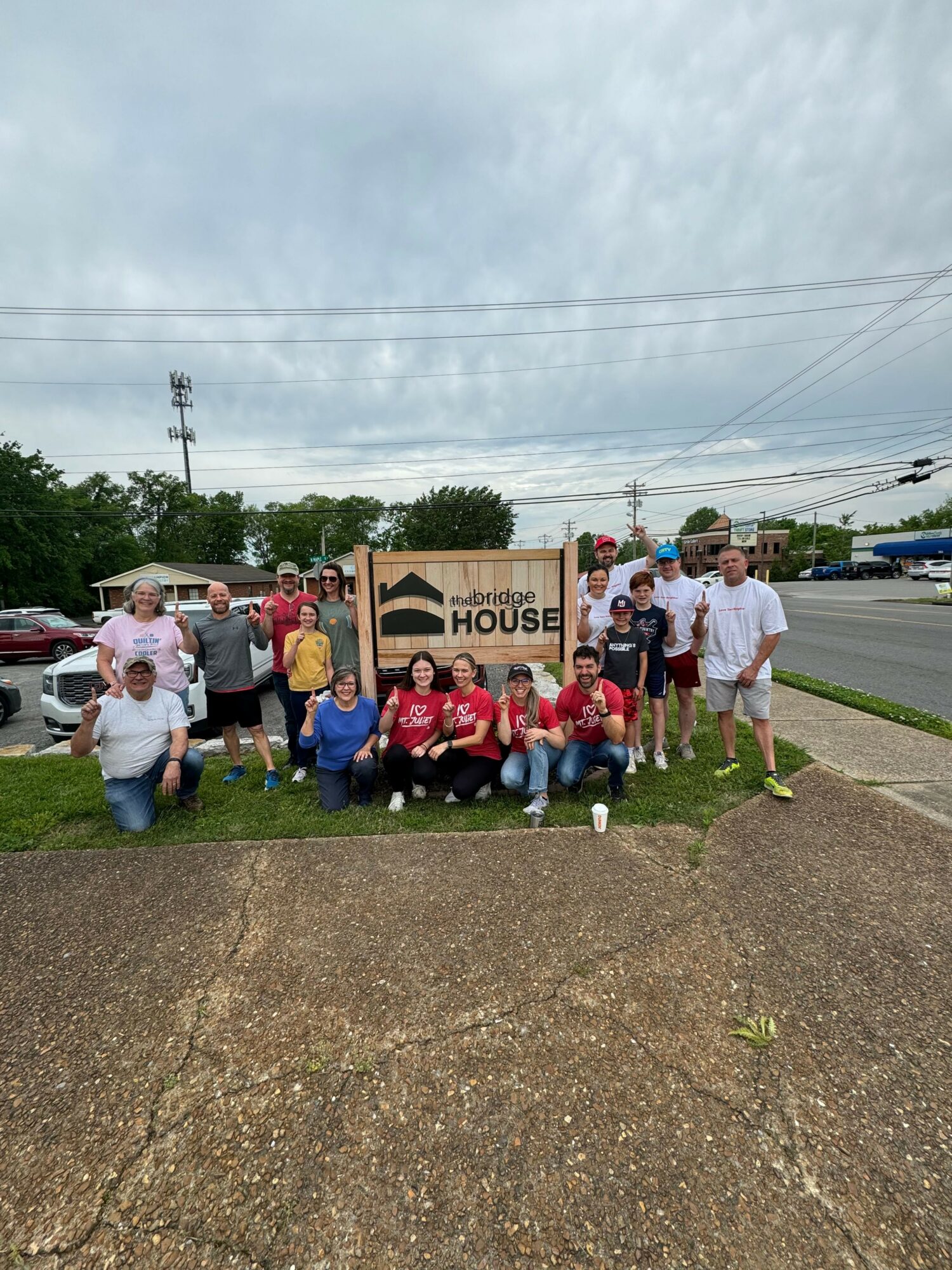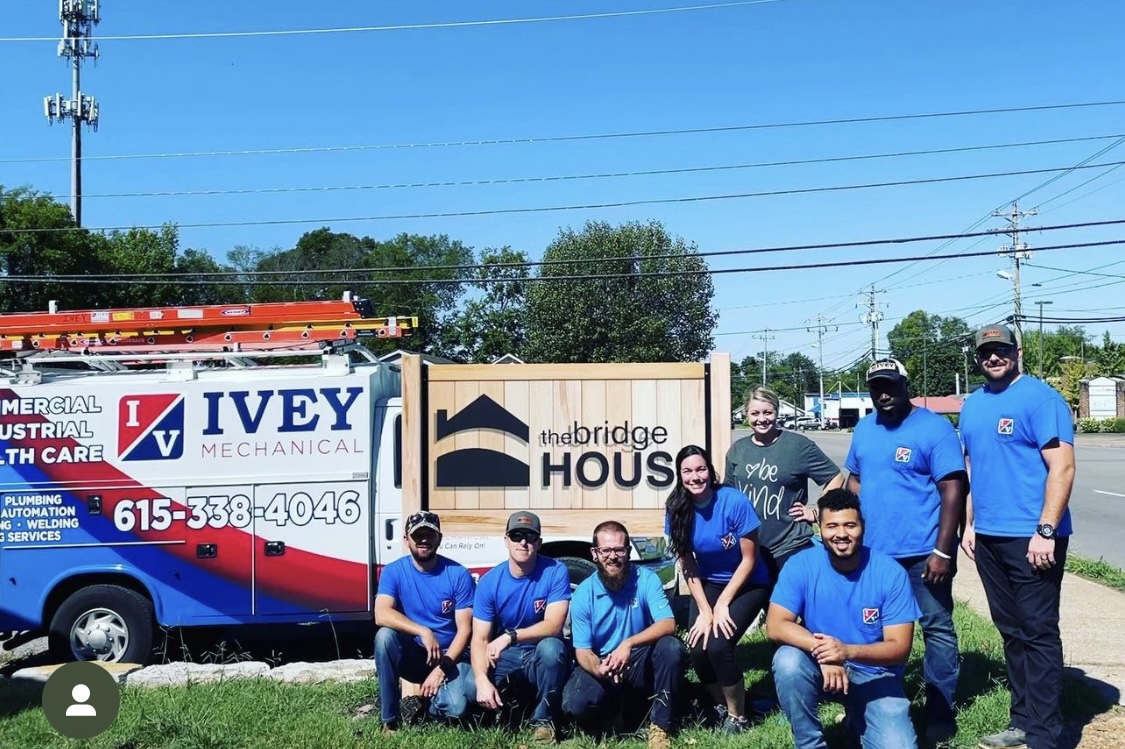

John Widrick shared their story and experiences with us recently and you can find our conversation below.
Hi John , thank you so much for taking time out of your busy day to share your story, experiences and insights with our readers. Let’s jump right in with an interesting one: What do the first 90 minutes of your day look like?
The first 90 minutes of my day start with a hot cup of coffee, an early morning rise, and quiet time in Bible reading, prayer, and meditation, followed by a chapter from whatever book I’m currently working through.
Can you briefly introduce yourself and share what makes you or your brand unique?
My name is John Woodrick, and I live in Lebanon, Tennessee, with my high school sweetheart and wife of 16 years. Together, we’re raising three amazing children and living out a calling that’s been rooted in me since childhood.
I grew up in a humble two-bedroom, one-bath townhouse in New York, raised by parents who loved God and people deeply. Their radical hospitality was on full display throughout my entire life—our home was always open to vulnerable children and families. From my earliest memories through college, I can’t recall a time when we weren’t housing someone in need. Many of those individuals have become family to this day. That example shaped me profoundly.
At 19, I felt that same fire stir in me. I pursued ministry, earning a degree in Pastoral Leadership and Biblical Studies, and continued my theological education through the New York School of Ministry. I’ve now spent over 20 years working with at-risk youth and children, serving bivocationally in the local church while pouring into vulnerable communities.
My wife and I have personally fostered children, welcomed youth into our home, and wrapped around countless kids through mentorship, care, and community. This calling led to the founding of The Bridge House in Lebanon, Tennessee, which now serves all of Middle Tennessee. We provide:
• Transitional housing for children in foster care (18 and under)
• Transitional housing for youth aging out of care (ages 18–20)
• Wraparound support for foster and adoptive families
This is more than a mission—it’s our heartbeat and war cry: that the Church would rise up. With over 11,000 churches in Tennessee and 8,000+ children in DCS custody, we believe not everyone is called to foster, but everyone is called to do something.
Today, I serve as a pastor, the Tennessee Foster Care Director for the Assemblies of God, and a Foster Care Chaplain, committed to equipping the Church and community to engage, serve, and stand in the gap for vulnerable children and families.
Great, so let’s dive into your journey a bit more. What did you believe about yourself as a child that you no longer believe?
As a child, I believed that if I dreamed big enough, worked hard enough, and never gave up, I could achieve anything and find fulfillment—but I no longer believe that’s true.
Over time, I’ve learned that when we lose our dreams, and we lay them down at the feet of Jesus, God gives us His dream for our life. That’s a hard truth, especially in a culture that constantly says, “Chase your dreams. Do whatever it takes. You can have it all.” But I’ve seen too many people reach the top of their dream only to be left asking, “Now what?”—often feeling empty, unfulfilled, or even more lost than before.
When we surrender and ask, “God, what’s Your dream for me?” something shifts. We stop chasing outcomes and start stepping into purpose—real, lasting, eternal purpose.
God’s dream doesn’t leave us with a now what—it leads us to the next step. One that’s anchored not in personal ambition, but in identity, calling, and trust. That’s something I didn’t understand as a child, but I hold onto tightly now.
What did suffering teach you that success never could?
Suffering has taught me—and continues to teach me—the true state of my heart. I’ve come to believe that conflict and hardship reveal who we really are and what we truly believe. It can either shake you to your core or ground you deeper in your foundation.
For me, that foundation is built on Jesus Christ and a personal relationship with Him.
I’ve walked through seasons I never imagined: watching my son battle cancer at just two years old, losing my brother to addiction, seeing my mother fight and ultimately lose her life to stage four cancer, and now watching my father endure cancer as well.
These experiences have stripped away everything temporary and taught me to anchor my life in eternal things, not in what fades. The Bible reminds us to store our treasure where moth and rust cannot destroy, and where thieves cannot break in and steal.
God never promised a life free from suffering—in fact, He promised the opposite for those who follow Him. And while we may not fully understand what that suffering will look like until we walk through it, when we do, it brings a clarity and depth that success could never offer.
I wouldn’t wish suffering on anyone. But in many ways, it has been my greatest teacher.
Sure, so let’s go deeper into your values and how you think. Is the public version of you the real you?
I don’t think any of us can fully answer that with a simple yes or no. If we’re honest, there are parts of our lives we all try to hide—that’s been true since the beginning. In Genesis, after the fall, the first question God asked man was, “Where are you?” And the response came from a place of shame and hiding, revealing how quickly we cover up who we really are.
The Bible says, “The heart is deceitful above all things and desperately wicked; who can know it?” That truth reminds me that my self-perception isn’t always reliable, and that being the same person in public as I am in private is something I have to actively pursue.
To stay grounded, I regularly ask my wife and kids to hold me accountable to our core values at home. I’ve also built an accountability structure with mentors and coaches who are free to speak openly and honestly into my life—both to correct and to encourage.
I aspire to live with consistency—what you see publicly should reflect who I am privately. But that’s not a one-time decision. It’s a daily commitment, one rooted in grace, humility, and the desire to live authentically before God and others.
Okay, we’ve made it essentially to the end. One last question before you go. What is the story you hope people tell about you when you’re gone?
The story I hope people will tell about me when I’m gone is that I was faithfully committed—to my wife, to my relationship with Jesus, and to my children. I hope they would say I lived with humility, that I empowered others, and that I was a good listener—someone who could sit with people in their grief without needing to fix it, but simply to be present.
More than anything, I hope my life would inspire others to follow Jesus. I know Him to be true. I know Him to be faithful—even in the quiet, when things feel silent, and especially when the storms come.
And if they say anything about me, I pray it’s this:
“He went through many trials and faced many hard things, but his consistency and his dependency were always on the Lord.”
Contact Info:
- Website: https://www.thebridgehousetn.org
- Instagram: @thebridgehousetn
- Linkedin: http://linkedin.com/in/john-widrick-2123a23b
- Facebook: @thebridgehoustn
- Youtube: @thebridgehousetn
- Other: Spotify and Apple Podcasts: Live One for One
